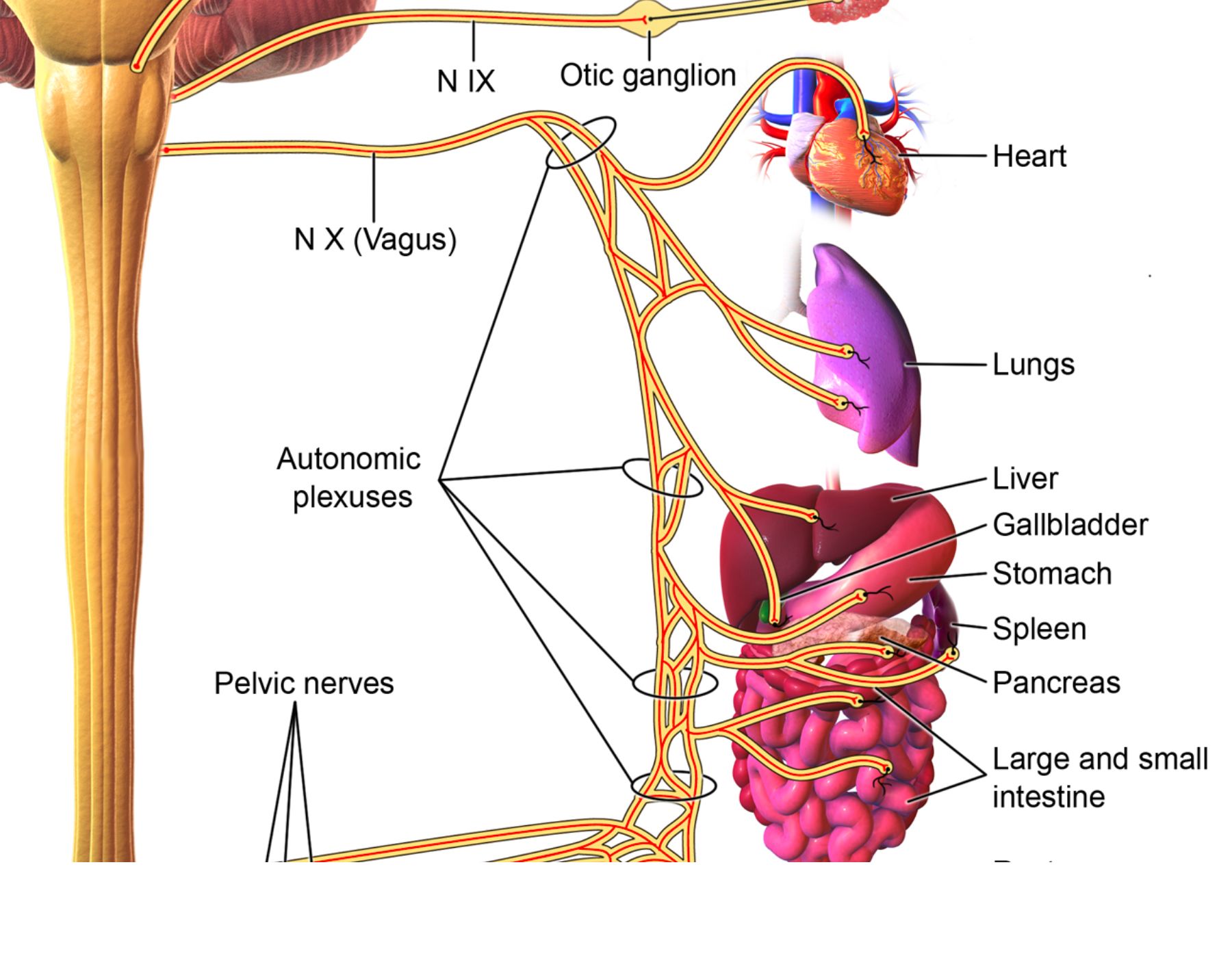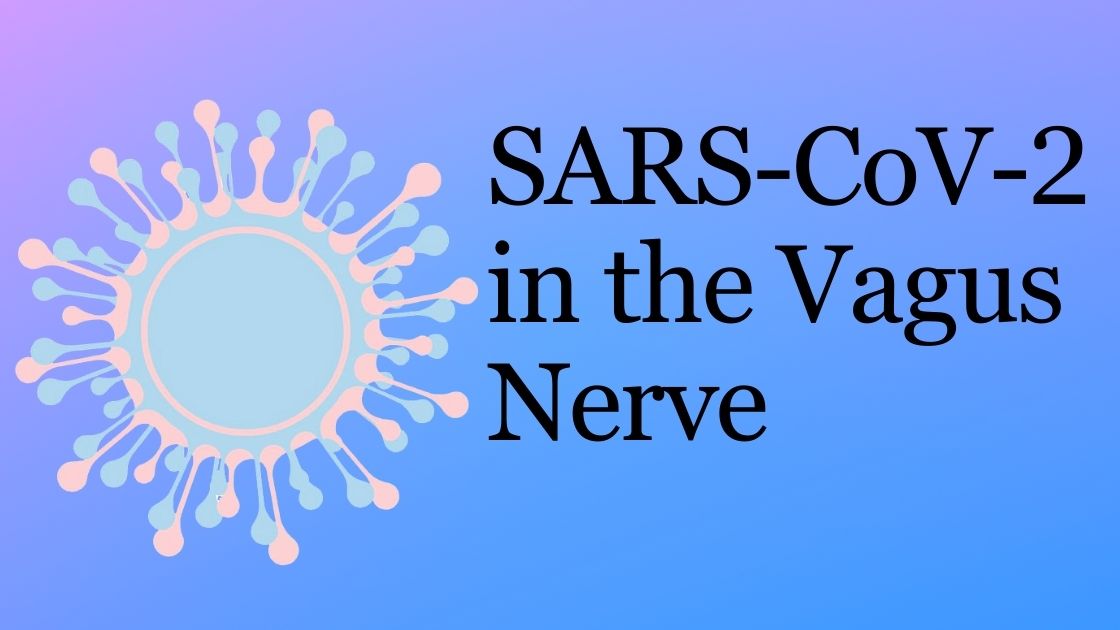A recent preprint (not peer-reviewed or published) research paper shares some intriguing research that may be relevant to long Covid patients.
The researchers looked at the vagus nerves of people who had died with an active SARS-Cov-2 infection. The cases ranged from mild to severe. Additionally, deceased controls without Covid were also examined.
The researchers found that there was a strong enrichment of genes related to antiviral response and interferon signaling in the vagus nerve of Covid patients, which shows nerve inflammation.
Most importantly, the researchers did PCR on the vagus nerve samples and found SARS-CoV-2 mRNA in all the specimens (and none in the controls).
A recent study by another research team found that the SARS-CoV-2 receptors (ACE2, NRP1) and TMPRSS2 are expressed in the vagus nerve.
According to the paper, the researchers think that vagus nerve dysfunction due to SARS-CoV-2 infection is one factor in mortality in Covid-19. The authors explain that the vagus nerve is important in respiratory rate and stimulation of the vagus nerve increases respiratory rate. A predictor of mortality in critical Covid patients is a reduced respiratory rate, which could be due to impaired function of the vagus nerve in people with high viral loads.
The authors conclude: “Overall, our data show that the presence of SARS-CoV-2 RNA in the vagus nerve as well as vagus nerve inflammation and dysfunction are widespread in COVID-19 (graphical summary provided in Fig. 3i). This is in line with large observational studies reporting dysautonomia as a common symptom of long COVID” .
Background on the vagus nerve:
The vagus nerve links the brain with the heart, lungs, and digestive system. It affects:
- digestive tract movement
- heart rate
- cardiovascular activity
- respiration (breathing)
- coughing, sneezing, swallowing, and vomiting
It is a two-way street, sending sensory information from certain areas to the brain but also sending signals from the brain to control motor functions such as heart rate, movements in the digestive tract, the larynx, and swallowing.

In breathing, the vagus nerve relays sensory information from the lungs, trachea, and larynx to the brain, and then back from the brain with respiratory parameters such as breathing rate and volume.[ref]
In the heart, the vagus nerve is also involved in heart rate, although it is not the only way that heart rate is controlled.[ref]
Vagus nerve stimulation is being investigated for autonomic nervous system dysfunction, including in cardiovascular disease.[ref]
References:
Carandina, Angelica, et al. “Effects of transcutaneous auricular vagus nerve stimulation on cardiovascular autonomic control in health and disease.” Autonomic Neuroscience 236 (2021): 102893.
Prescott, Sara L., and Stephen D. Liberles. “Internal senses of the vagus nerve.” Neuron (2022).
Woo, Marcel Seungsu, et al. “Vagus nerve inflammation contributes to dysautonomia in COVID-19.” medRxiv (2023): 2023-06.
